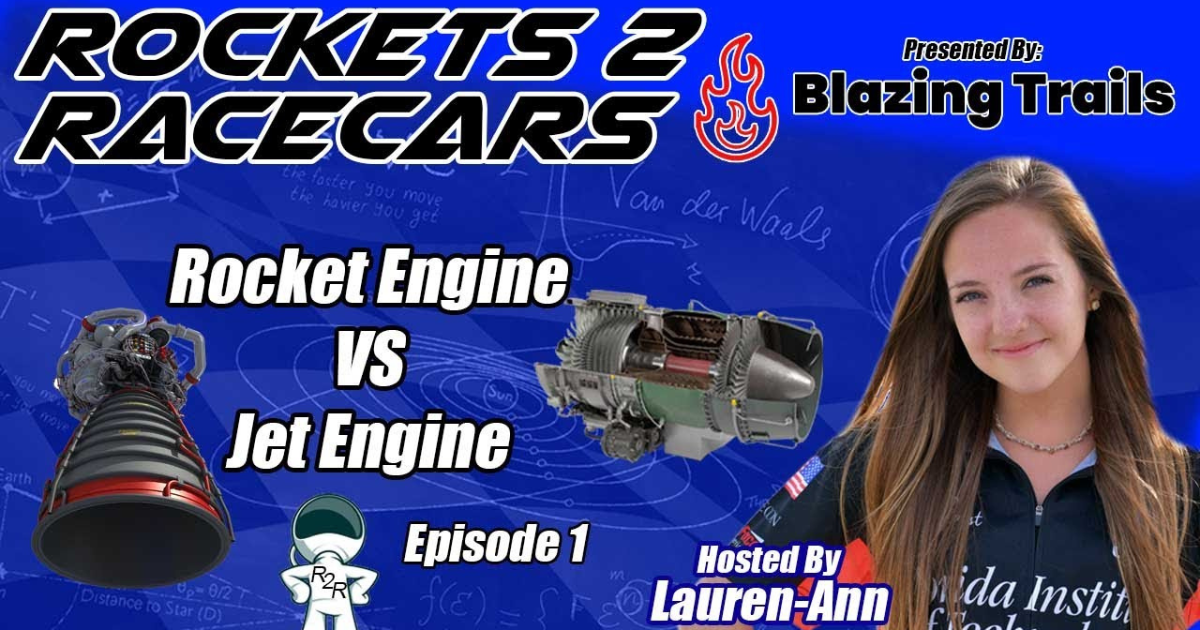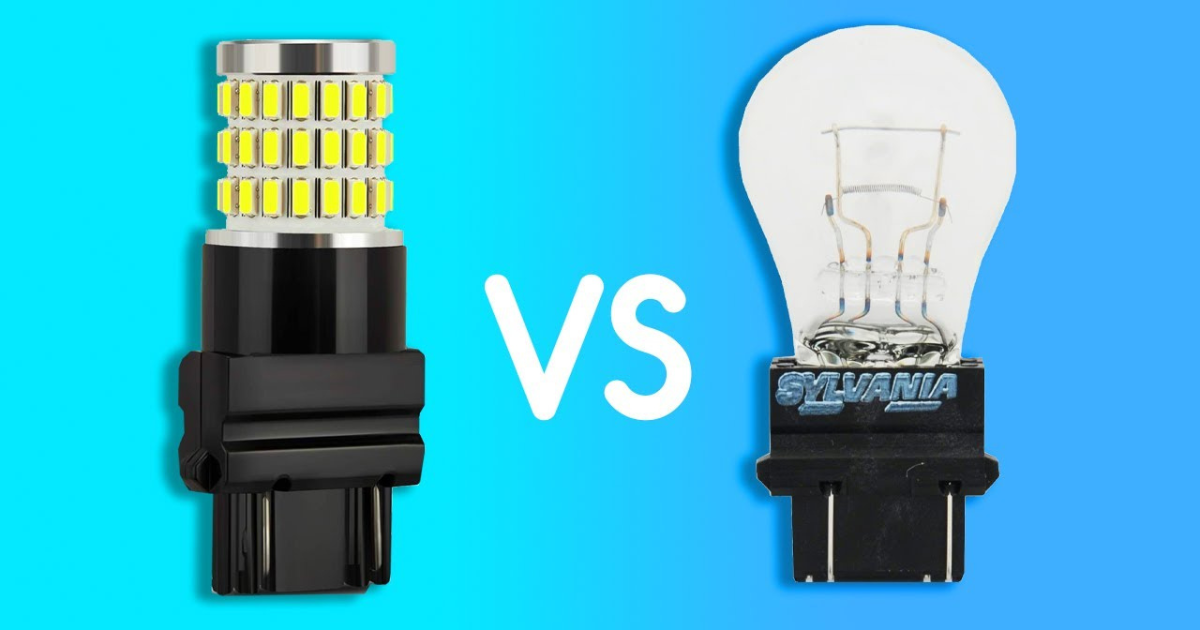Technology has evolved significantly over the years, leading to the development of sophisticated means of transport, including jet engines and rocket engines. This article explores the differences between jet engines and rocket engines.
Jet Engine
A jet engine is a reaction engine that operates based on Newton’s third law of motion. It consists of various parts such as the fan, turbine, compressor, mixer, combustor, and propelling nozzle. The fan sucks air into the engine, which is then compressed and mixed with fuel to ignite the combustion process. Once the air-fuel mixture ignites, the expanded gas is blasted out through the nozzle at the rear, triggering the jet to thrust forward. Jet engines depend on atmospheric oxygen to initiate and sustain the combustion process.
Rocket Engine
A rocket engine is also a reaction engine that operates based on Newton’s third law of motion. It produces thrust for take-off by ejecting mass rearward. The rocket engine consists of the rocket nozzle, propellant, tank pumps, and power head. The engine operates with liquid hydrogen and liquid oxygen as an oxidizer, which is mixed and exploded within the combustion chamber. The combustion process generates hot exhaust gas, which is released through a nozzle to accelerate the flow and trigger thrust. Rocket engines do not rely on atmospheric oxygen for combustion.
Differences between Jet Engine and Rocket Engine
Although both engines operate based on Newton’s third law of motion, they differ in their components and combustion processes.
- Oxygen intake: Jet engines rely on atmospheric oxygen for combustion, while rocket engines carry their own oxygen in the form of liquid oxygen.
- Fuel type: Jet engines operate with aviation kerosene, while rocket engines use liquid hydrogen as fuel.
- Engine speed: The fastest jet engine, the SR-71 Blackbird, flies at around 3,418 km/h, while a rocket engine attains a speed rate of around 2,500 – 4,500 m/s (9,000 – 16,200 km/h).
- Fuel consumption: Rocket engines consume significantly more fuel than jet engines. A rocket engine consumes around 11,000 pounds of rocket fuel per second, while a regular jet engine consumes around 0.683 liters of aviation kerosene per second.
- Engine price: Rocket engines are more expensive than jet engines, with prices ranging from $40 – $145 million per engine. Jet engines, on the other hand, cost around $10 – $40 million per engine.
FAQs
- Are rocket engines more powerful than jet engines?
- Yes, rocket engines are more powerful than jet engines because they carry their own oxygen for combustion, allowing them to operate in space where there is no atmospheric oxygen.
- Is a rocket engine the same as a jet engine?
- No, rocket engines and jet engines are different. Rocket engines carry their own oxygen for combustion, while jet engines rely on atmospheric oxygen.
- What is the difference between jet and rocket propulsion?
- The major difference between jet and rocket propulsion is the oxidizer. Jet propulsion uses atmospheric oxygen as the oxidizer, while rocket propulsion uses an in-built oxidizer.
- Which is faster, a rocket or a jet?
- A rocket is faster than a jet due to the extremely high velocity of the ejection of mass.
- Why do jet engines not work in space?
- Jet engines do not work in space because they rely on atmospheric oxygen for combustion, which is not available in space.





